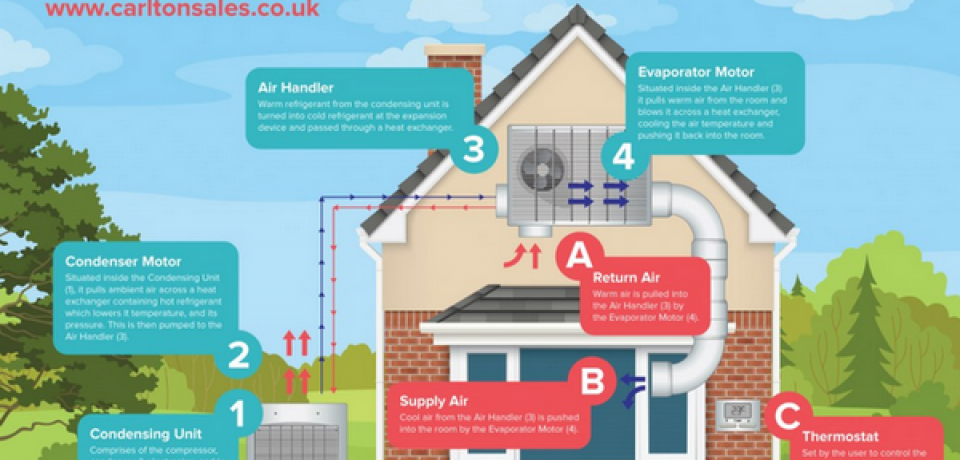Understand How To Maximize The Effectiveness And Resilience Of Your Heatpump System By Avoiding Constant Installment Challenges
Understand How To Maximize The Effectiveness And Resilience Of Your Heatpump System By Avoiding Constant Installment Challenges
Blog Article
Web Content By-Lykke Rankin
When mounting a heat pump, you must avoid typical mistakes that can jeopardize its effectiveness. Overlooking proper sizing may lead to ineffectiveness and greater energy expenses. Neglecting insulation and sealing can result in energy wastage and pressure on the system. Additionally, placing the outdoor unit inaccurately might influence its performance. By staying clear of these mistakes, you can guarantee optimal functioning and toughness of your heatpump system.
Improper Sizing of Heatpump
When it involves the setup of heatpump, one of one of the most usual mistakes is incorrectly sizing the system for your area. Guaranteeing the best dimension is vital for ideal efficiency. If the heatpump is also small, it will certainly have a hard time to heat or cool your area efficiently, causing enhanced power bills and prospective deterioration on the system.
On the other hand, if the heatpump is too big, it will cycle on and off frequently, causing temperature fluctuations and lowering its lifespan.
To avoid this blunder, it's necessary to have an expert analyze your space and advise the suitable dimension of the heat pump based upon elements like square video footage, insulation, ceiling height, and neighborhood environment. By investing the time and effort to ensure the appropriate sizing, you can take pleasure in a comfortable atmosphere while maximizing energy efficiency and prolonging the life expectancy of your heatpump.
Inadequate Insulation and Sealing
To guarantee the effective procedure of your heat pump, it's crucial to address poor insulation and sealing in your room. Appropriate insulation helps keep a consistent temperature inside, lowering the work on your heatpump. Insufficient insulation can lead to power loss, making your heatpump work harder and less effectively.
Sealing any spaces or leaks in your space is just as vital. air con engineer near me enable conditioned air to run away and outdoor air to permeate in, requiring your heatpump to make up for the temperature variations.
Wrong Positioning of Outdoor Device
Resolving the positioning of your heat pump's outside system is essential to optimizing its efficiency. Installing the outdoor system in an incorrect place can result in effectiveness concerns and prospective damages to the system.
One typical error to stay clear of is putting the outside system as well near to a wall surface or other frameworks. This can limit air movement, creating the unit to work more difficult to warm or cool your room, eventually lowering its efficiency and life expectancy.
An additional mistake to avoid is placing the outdoor unit in straight sunshine. While some sunlight is inevitable, too much exposure can cause getting too hot, specifically during hot summertime days. It's best to position the exterior system in a shaded location to help keep its optimal operating temperature.
Additionally, ensure that the outside system is put on a stable and degree surface area. https://www.streetinsider.com/SEC+Filings/Form+8-K+Fusion+Pharmaceuticals+For%3A+Jun+01/18514359.html can trigger resonances and unnecessary pressure on the device, influencing its performance gradually.
Final thought
Finally, avoiding usual blunders throughout heatpump setup is vital for maximizing effectiveness and long life of your system. By making certain correct sizing, adequate insulation, sealing, and correct placement of the exterior system, you can protect against problems such as inefficiencies, raised energy costs, and strain on the unit. Putting in best heat pumps in new zealand to attend to these essential aspects will ultimately conserve you time and money in the future.
